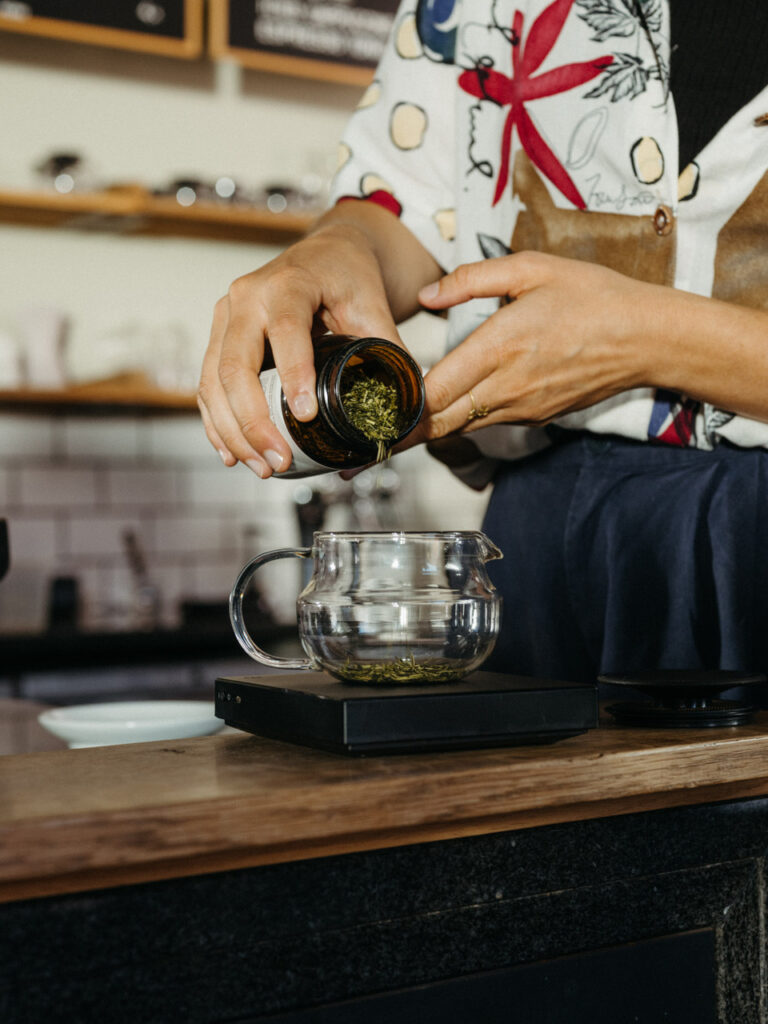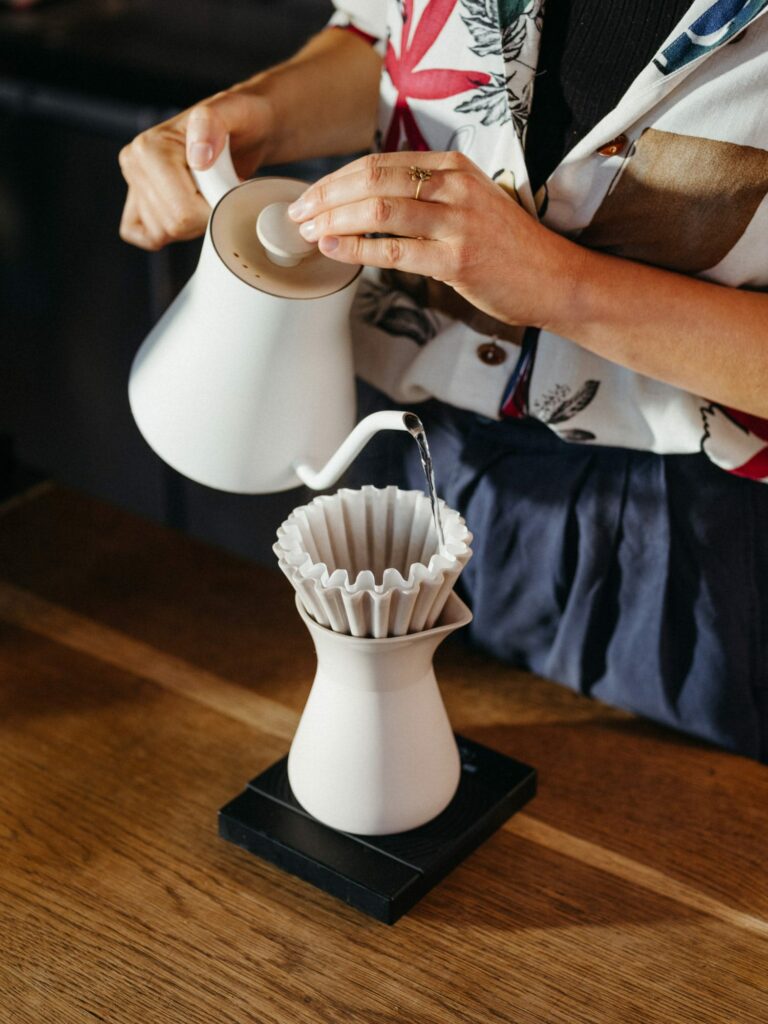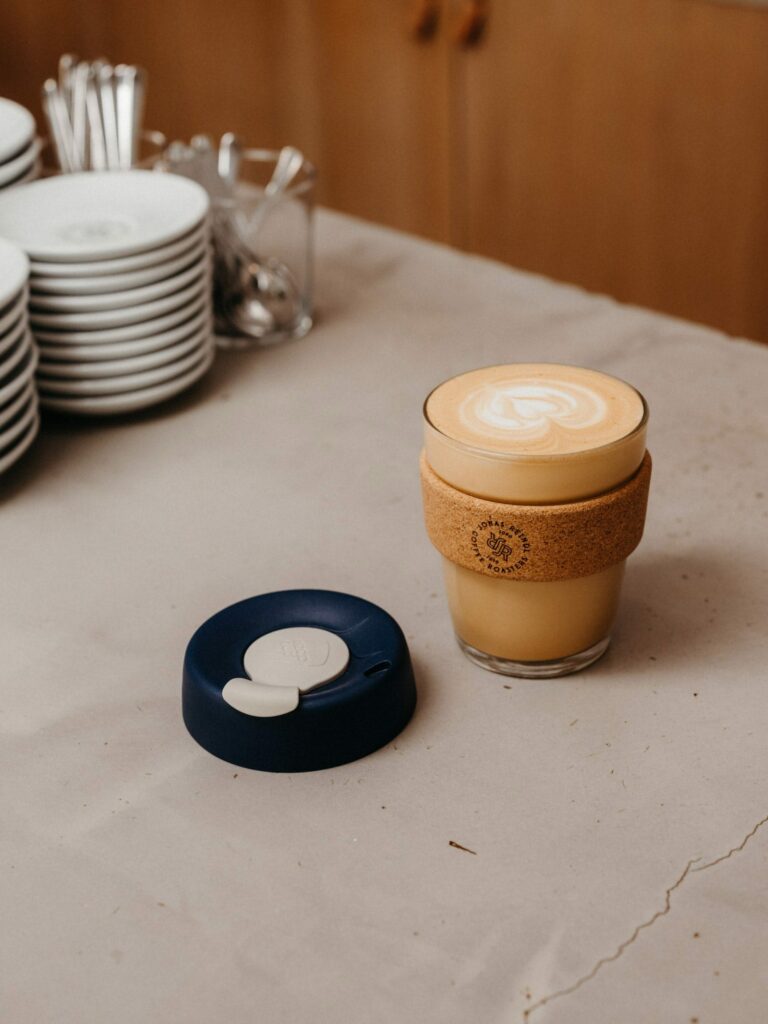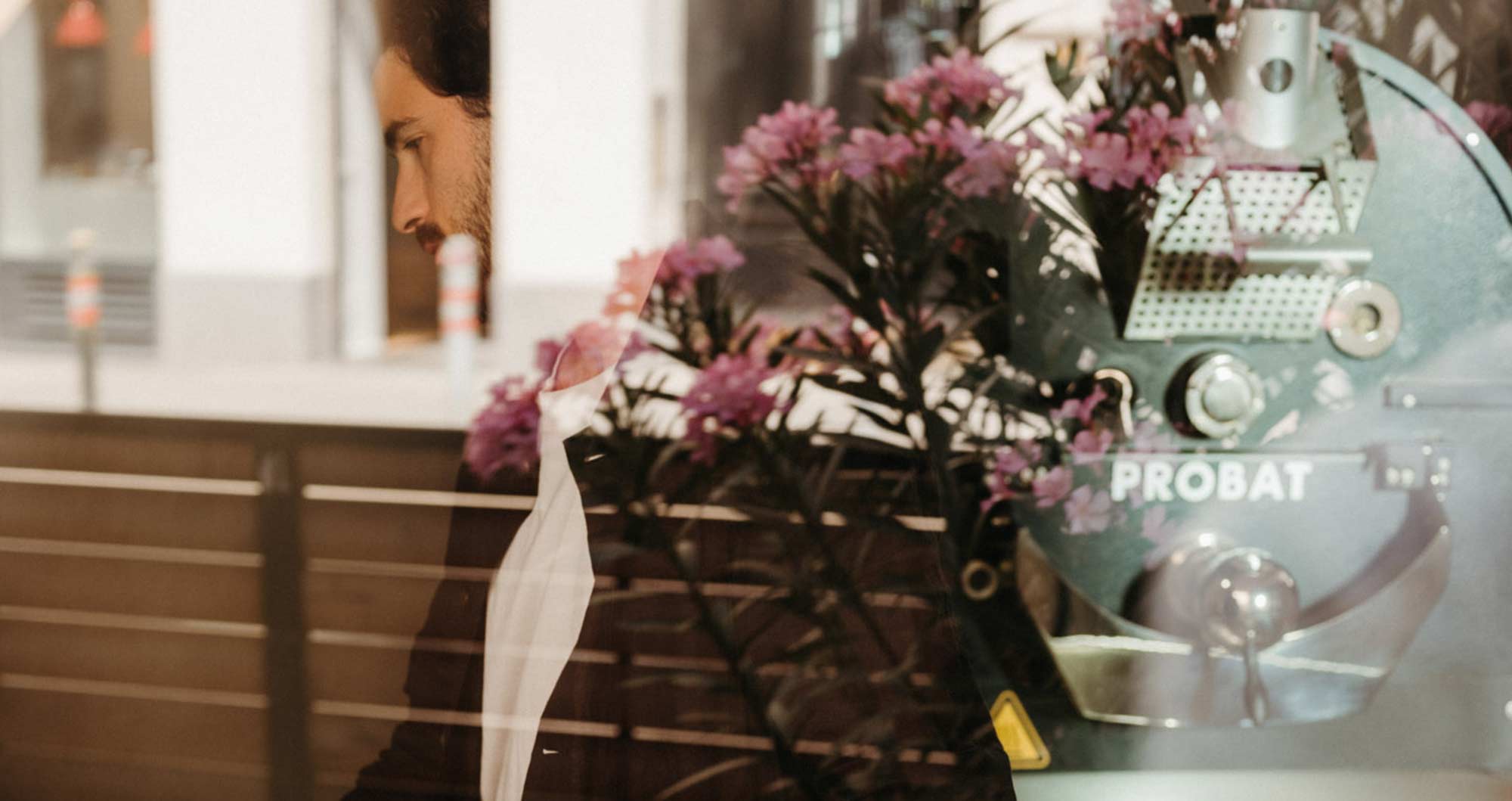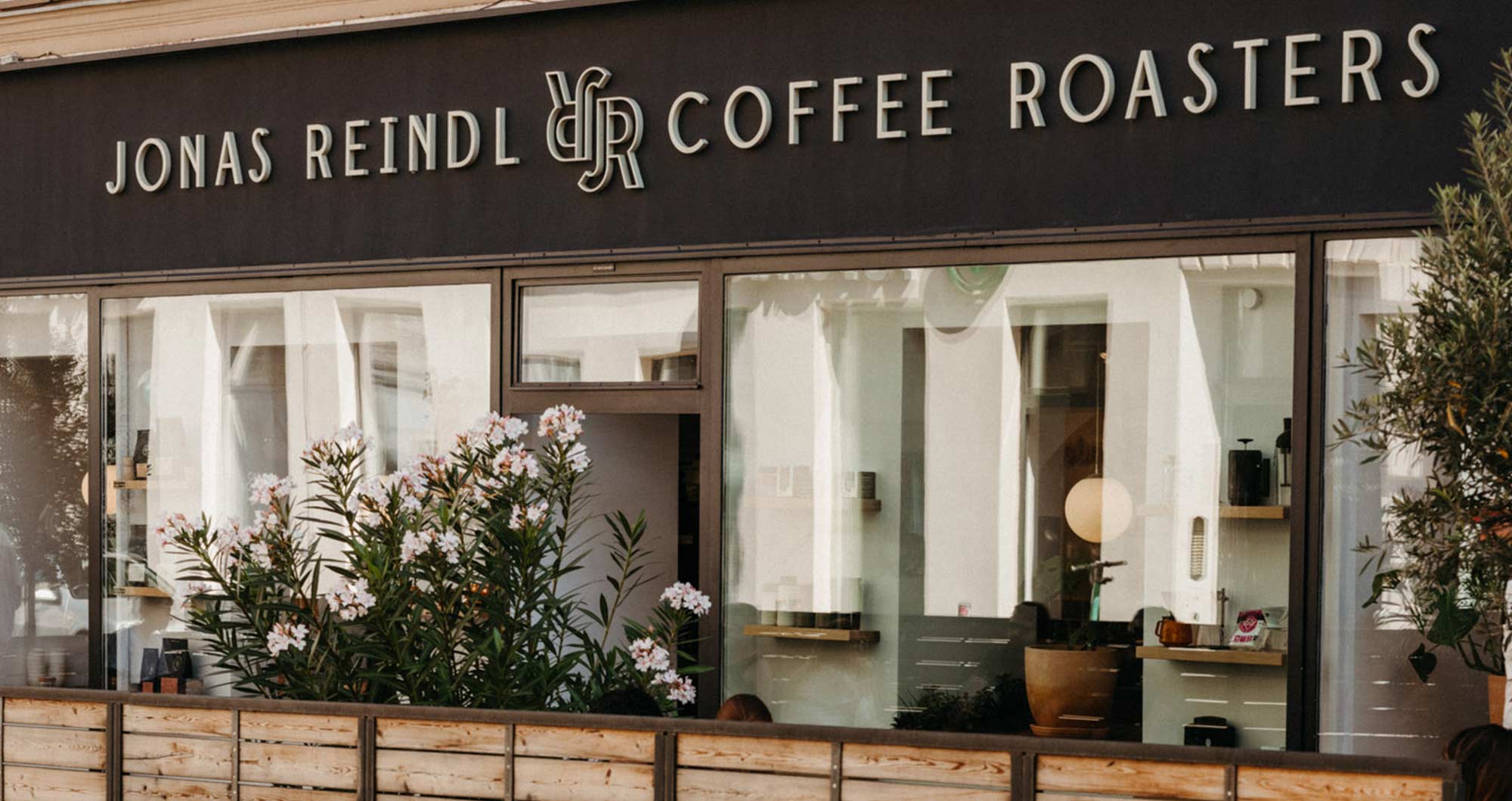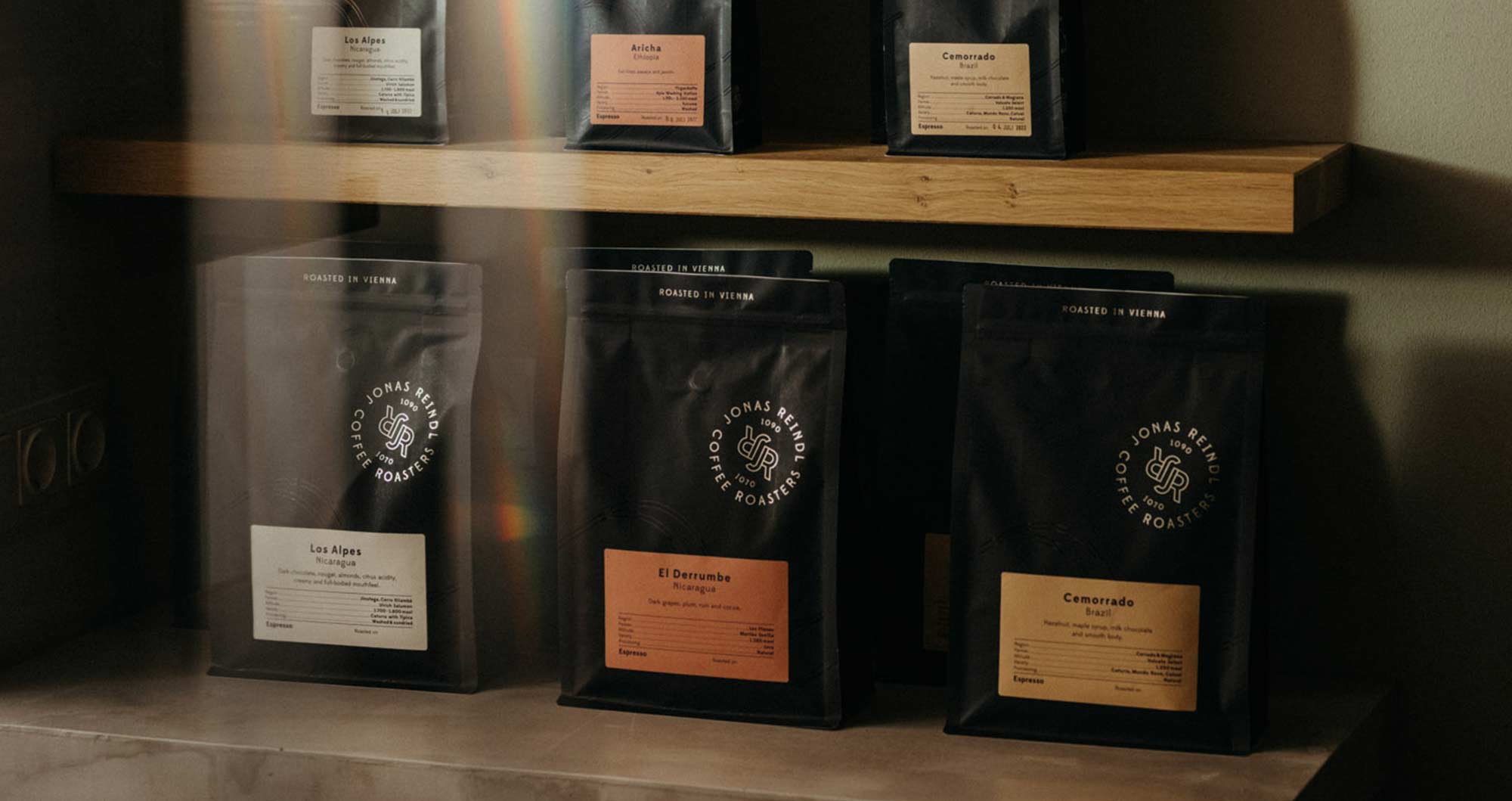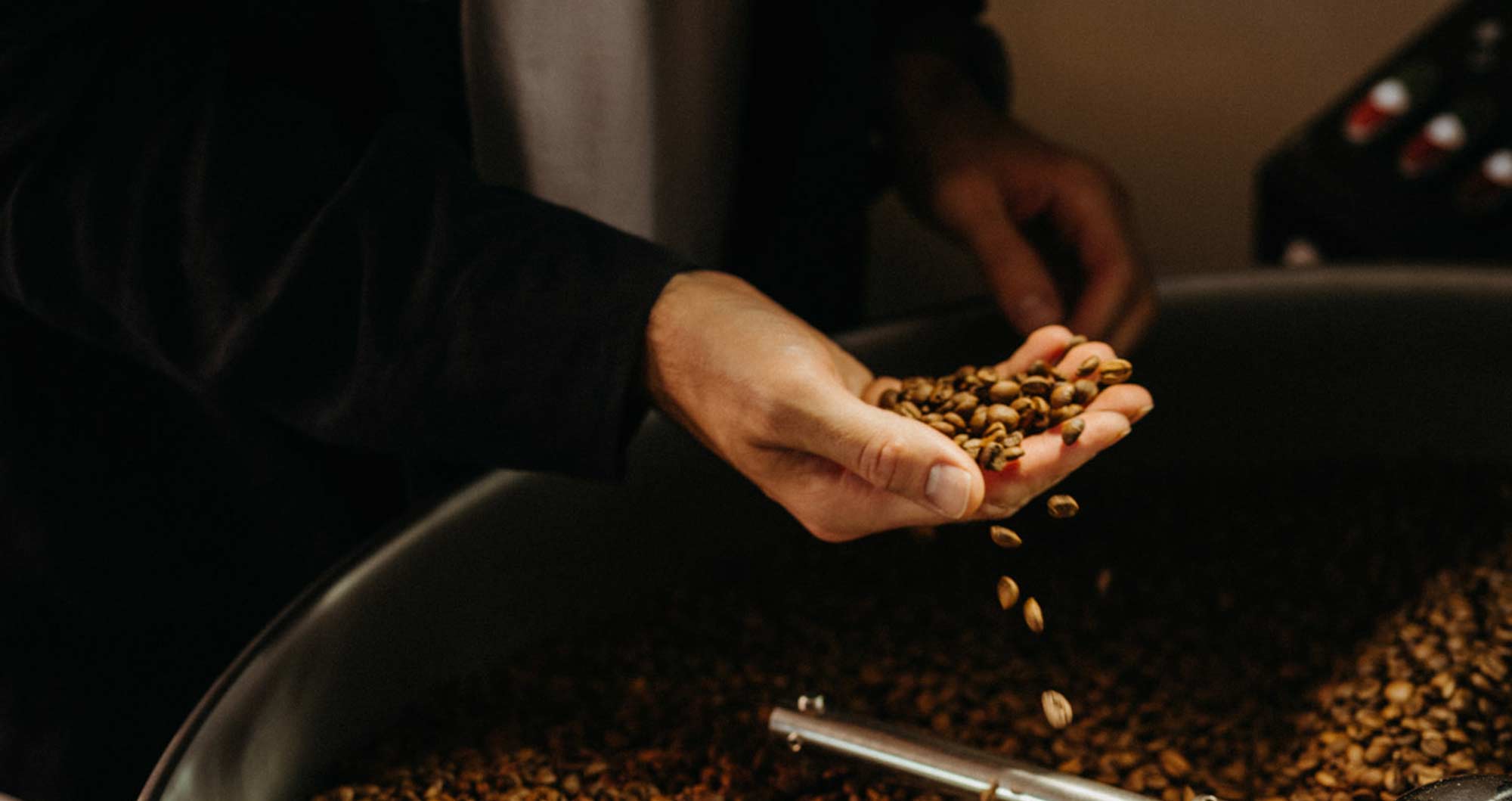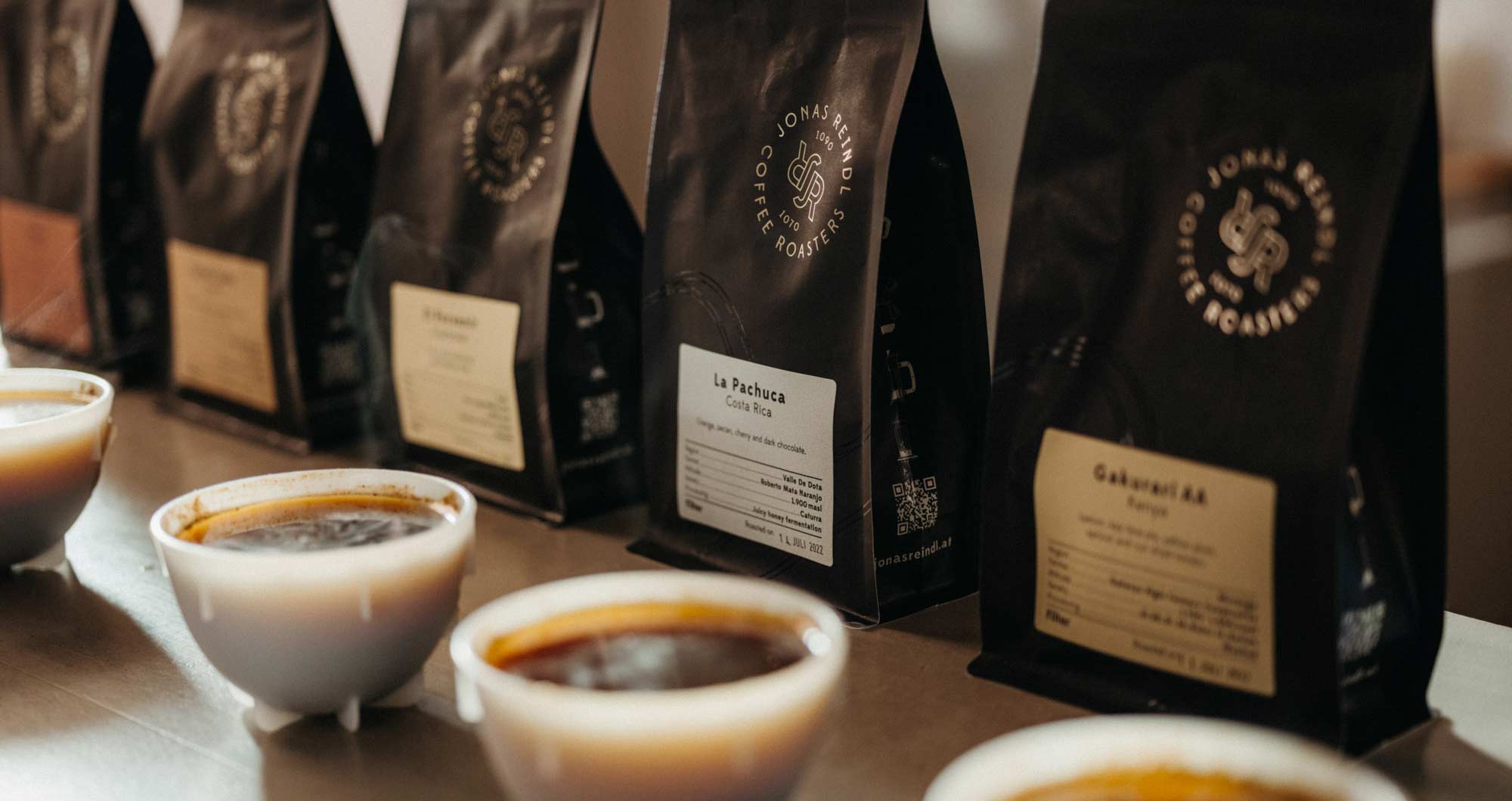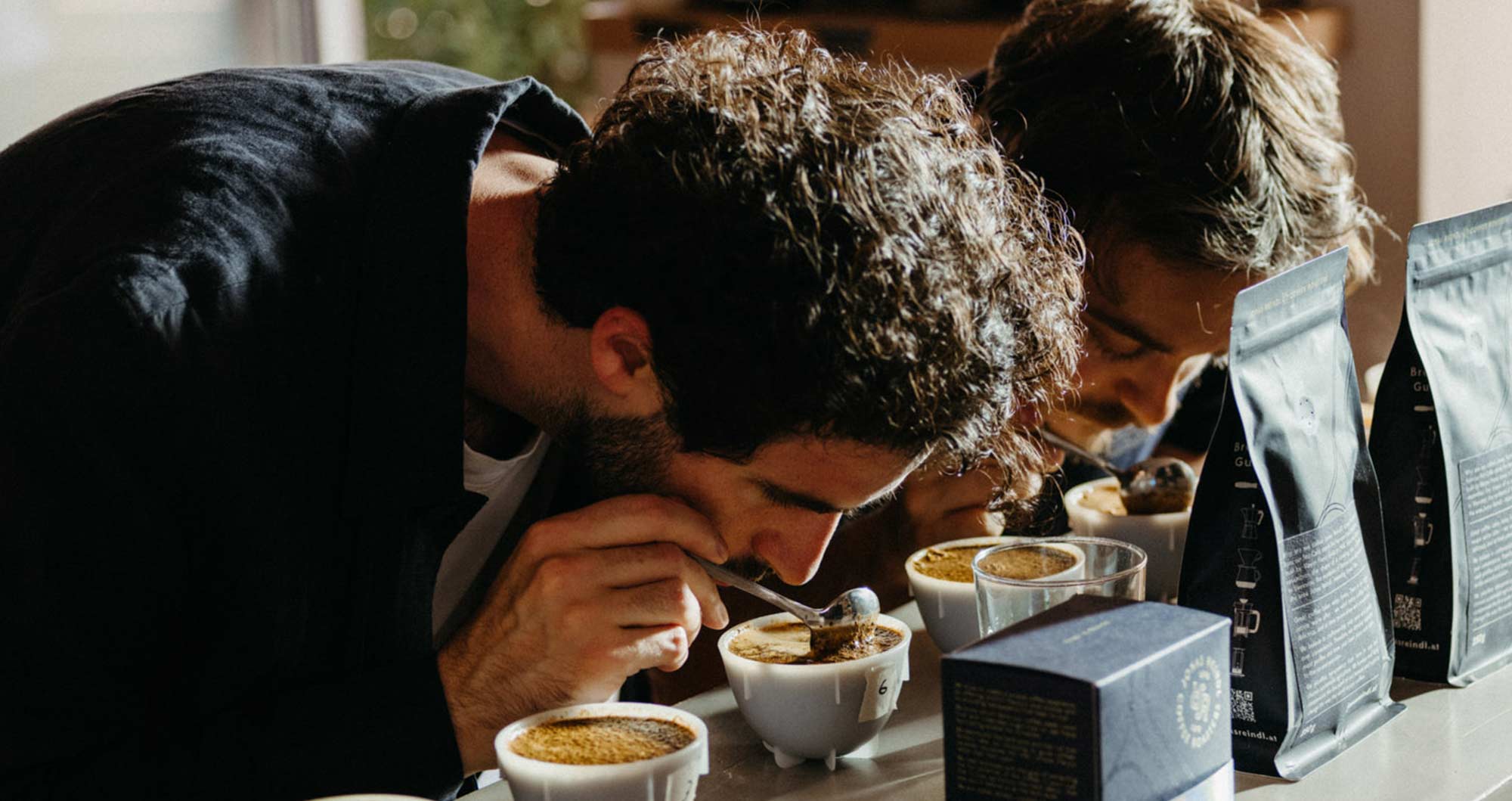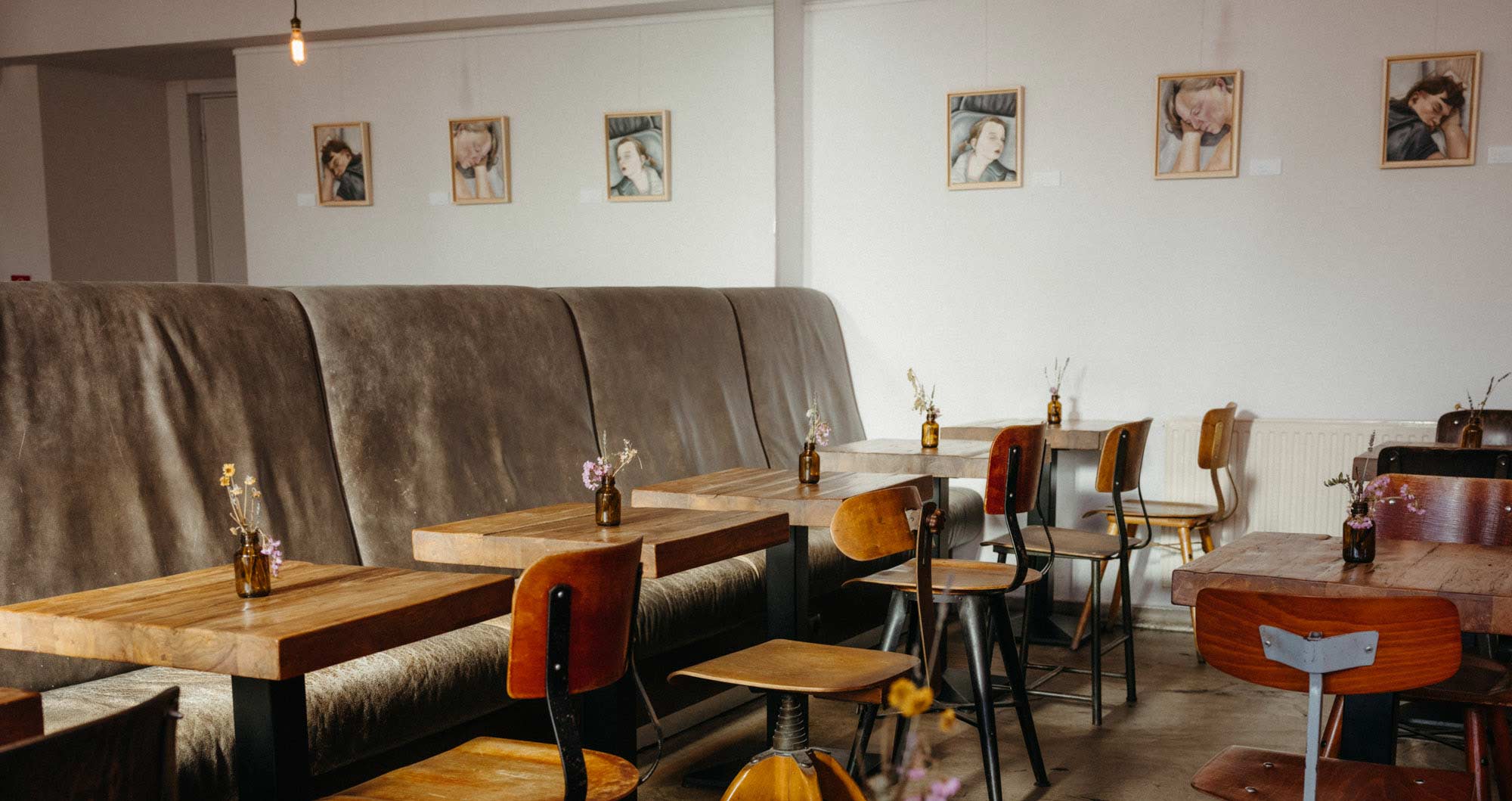

Mahiga PB
€17,00 incl. VAT
Taste Profile
Cherry coke, vanilla bean and blackberry.
Additional information
| Country | Kenya |
|---|---|
| Farmer | Mahiga |
| Region | Nyeri |
| Variety | SL28, SL34, Ruiri 11, Batian |
| Altitude | 1.813 masl |
| Processing | Washed |
| Pouch | 250g |
Mahiga PB
Nyeri is perhaps the most well-known of these central counties. Kenya’s coffee is dominated by a cooperative system of production, whose members vote on representation, marketing and milling contracts for their coffee, as well as profit allocation. Othaya Farmers Cooperative Society, the umbrella organization that includes Mahiga Factory, is one of Kenya’s larger societies, with 19 different factories and more than 14,000 farmer members across the southern Nyeri region. The Mahiga Factory has 400 members actively harvesting and delivering to the processing center. The factory’s total parchment output this past harvest was 152,000 kgs, meaning the average member of Mahiga is farming enough coffee fruit for roughly 11 30kg units of exportable green.
Mahiga Factory’s chairman is Newton Mugai, one of the founding directors of Kenya Cooperative Coffee Exporters (KCCE). KCCE is an historic organization of almost 4,000 individual cooperatives. The group was formed in 2009, with the express goal of managing marketing and exporting operations cooperatively (as opposed to contractually with third parties) and thereby increasing returns to farms. The economics of smallholder systems are consistently difficult everywhere in the world, and in Kenya in particular the number of individual margins sliced off an export price before payment reaches the actual farms is many, leaving only a small percentage to support coffee growth itself. And most often this arrives many months after harvest. KCCE, by managing more of the value chain itself, can capture a greater margin on behalf of the farms. Farmers belonging to Mahiga receive 55 shillings per kilogram of fresh cherry delivered to the factory, the equivalent of $1.40/lb of the green coffee price.
Mahiga typically ferments twice: once under water for 12 hours, and again under fresh water for another 12-36 hours, with a washing in between. Double fermentation is very rare in Kenya, and, based on our experience, the technique is strongly correlated with excellent cleanliness and clarity in the cup (Mahiga’s lots are some of the best and most balanced Kenyas we’ve tasted all year).
After fermentation is complete, the clean parchment soaks for 16 hours, again in fresh water, before it is sorted by density and brought to the tables to dry, which typically takes two weeks. After drying is complete the coffee is stored on site and eventually delivered to the Othaya dry mill for grading and a final density sort. The established milling and sorting by grade, or bean size, is a longstanding tradition and positions Kenya coffees well for roasters, by tightly controlling the physical preparation and creating a diversity of profiles from a single processing batch.
Our coffee is treated with care
Meticulous Quality
We hope to provide our customers with the best and therefore pay close attention to all factors affecting the quality of our coffee. These include cultivar, growing altitude, climate, soil chemistry, harvesting and processing conditions, drying method, storage conditions, transportation, roasting conditions, grind size, brewing water and brewing recipes.
Highly Curated
Each one of our coffees is carefully selected by our roasting team. Before we buy in bulk, we go through many samples from different specialty coffee estates. Often times we are working with the most renowned coffee producers in the world.
Small Batch Roasting
All our coffee is roasted in our Roastery in Westbahnstraße 13, in Vienna. We roast small batches (10kg max) because we have better control over all the parameters that impact the flavour profile and can therefore better guarantee consistency.
Ethically Sourced
We ensure traceability for all our coffees. Our house Espresso from Nicaragua is directly traded without any middle-men and when we go through a wholesaler, complete transparency is a must. We want to provide our customers with the ability to know where their coffee comes from down to the name of each farmer.

